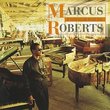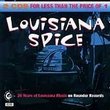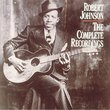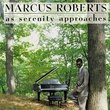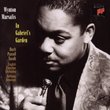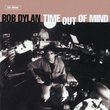| All Artists: Various Artists Title: If You Ain't Got the Do-Re-Mi: Songs of Rags to Riches Members Wishing: 2 Total Copies: 0 Label: Smithsonian Folkways Original Release Date: 1/1/2006 Re-Release Date: 3/13/2007 Genres: Country, Blues, Folk, International Music, Pop, Classical Styles: Classic Country, Traditional Blues, Acoustic Blues, Traditional Folk, North America, Appalachian, Instruments, Strings Number of Discs: 1 SwapaCD Credits: 1 UPC: 093074019528 |
Search - Various Artists :: If You Ain't Got the Do-Re-Mi: Songs of Rags to Riches
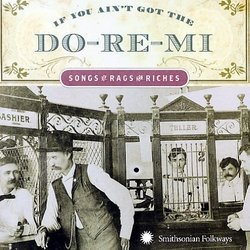 | Various Artists If You Ain't Got the Do-Re-Mi: Songs of Rags to Riches Genres: Country, Blues, Folk, International Music, Pop, Classical
As a subject, money has always generated great interest. If You Ain't Got the Do Re Mi celebrates the songs and singers whose words express the human side of money: hope or frustration, criticism or humor, desire or av... more » |
Larger Image |
CD DetailsSynopsis
Album Description As a subject, money has always generated great interest. If You Ain't Got the Do Re Mi celebrates the songs and singers whose words express the human side of money: hope or frustration, criticism or humor, desire or avowed disinterest. This compilation from the Smithsonian Folkways archive marks the opening of the Museum of American Finance on New York City's Wall Street, and lets the voices of Woody Guthrie, Pete Seeger, Lead Belly, and other folk music legends ring out their stories of rags and riches. 24-page booklet, 74 minutes. Similarly Requested CDs
|
CD ReviewsPlenty of rich music & valuable insight in these 27 songs ab J. Ross | Roseburg, OR USA | 08/05/2007 (5 out of 5 stars) "Playing Time - 75:27 -- What would you do if you had a million dollars? Barrel-house pianist Speckled Red would "tie a string all around the world and give it all to you." In another song that I want to learn ("Nobody Knows You When You're Down and Out"), Rolf Cahn sings about once being a millionaire but now he's spent it all and without any friends. "If I get my hands on a dollar again / I'm gonna hang on to it `til that eagle grins." Many others have been able to relate to that song written by Jimmy Cox in 1923 and that was Bessie Smith's last hit in 1929. The sentiment has lived on throughout the decades. It's been recorded by Eddie Condon & Count Basie in the 30s; Lavern Baker in the 50s; Sam Cooke, Dave Guard, Jose Feliciano, Odetta, and Nina Simone in the 60s; Tim Hardin in the 70s; Rod Stewart in the 80s; Eric Clapton in the 90s. This generous album offers much human insight about money. For example, what would you do if granny's will only left you "The Old Arm Chair"?
The title cut by Woody Guthrie refers to the migrants that headed west from the dust bowl to California's "sugar bowl." Woody's advice, however, is that "California is a garden of Eden / A paradise to live in or see / But believe it or not, you won't find it so hot / If you ain't got the do re mi." Thus, the 27 tracks on this disc deal with a subject dear to many people's hearts ... money. Thee are pleas for money such as Joe Glazer's rendition of "Brother, Can You Spare a Dime?" There are also pleas ("Gallis Pole") for a prisoner's life in 1925, in this case from Huddie William Ledbetter (Leadbelly). "Mother, did you bring me silver? / Mother, did you bring me gold? / What did you bring me mother / Keep me from the gallows pole? What did you - what did you - Keep me from the gallows pole?" The song resulted in a Governor's pardon for Leadbelly, but he was back behind bars in Louisiana by 1930, for assault with intent to murder. From Trinidad and Tobago, Rupert Grant (aka Lord Invader), was a Calypsonian with a very distinctive voice. "Yankee Dollar" refers to Trinidadian women as prostituting themselves for the money of U.S. soldiers stationed there during World War II. Various perspectives about $1 are portrayed in "Yankee Dollar," Greenback Dollar" or the "Last Gold Dollar." Whether you've got "One Meat Ball" or a million dollars, these songs are largely ballads and yarns with plenty of opinions and insight. According to Brownie McGhee "If You Lose Your Money" then "please don't lose your mind." Compiled by Jeff Place, Jack Manischewitz and John Herzog, this collection of 27 songs from the Smithsonian Folkways archive was timed to coincide with the opening of the Museum of American Finance on Wall Street in New York City. Additional artists featured include Pete Seeger, New Lost City Ramblers, Sonny Terry, Brownie McGhee, Stoneman Family, Almanac Singers, Joe Glazer, Bascom Lamar Lunsford and others. (Joe Ross, Roseburg, OR.) " |

 Track Listings (27) - Disc #1
Track Listings (27) - Disc #1
